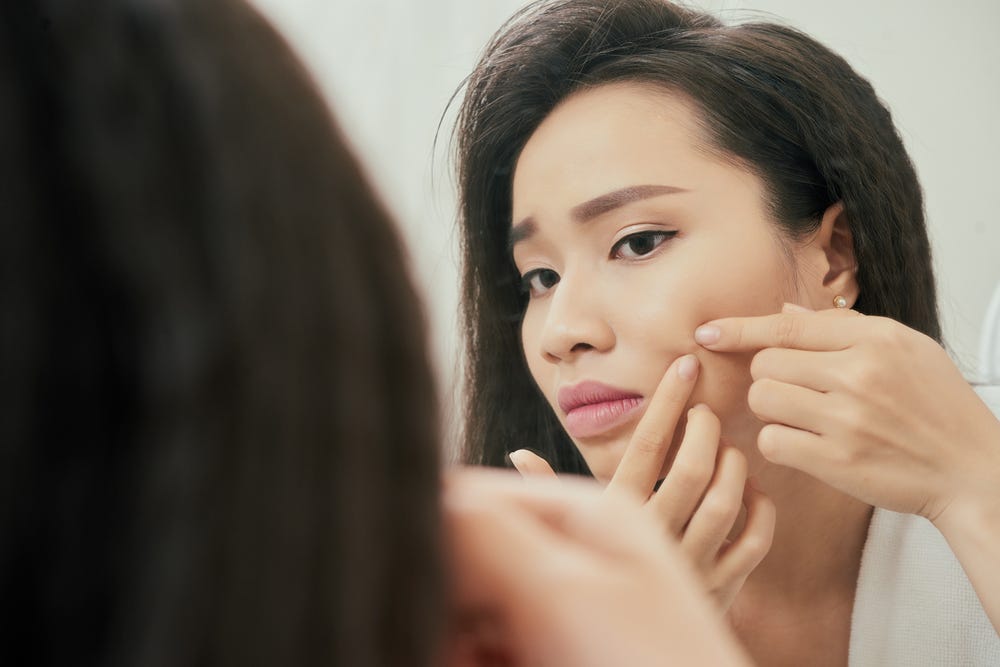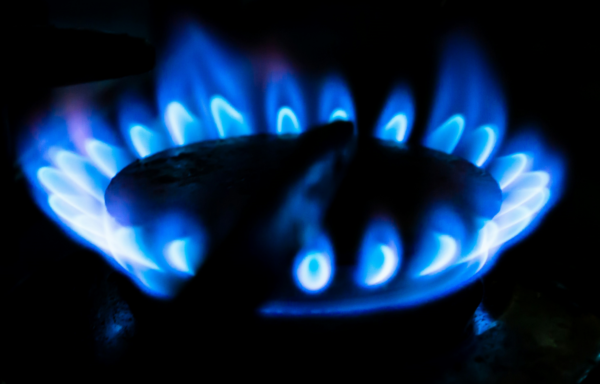- Stress doesn’t cause acne on its own.
- However, stress can increase your risk for acne breakouts, or make existing acne worse.
- Stress also hinders the immune system and increases inflammation in your body, which prolongs acne and makes it more difficult to get rid of.
- This article was medically reviewed by Noelani Gonzalez, MD, a dermatologist at Mount Sinai Hospital.
- Visit Insider’s homepage for more stories.
Acne is caused by dirt, oil, and dead skin clogging your skin’s pores.
According to Mara Weinstein Velez, MD, a dermatologist at the University of Rochester Medical Center, stress doesn’t lead to acne alone – but it does cause the conditions in which acne-causing bacteria can flourish: a reduced immune system, improper sleep, lack of hydration, and a poor diet.
“I think the long and short of it is no, stress does not cause acne,” Weinstein Velez says, “But a stressful state can predispose someone to an acne flare.”
Stress doesn’t cause acne, but it can trigger breakouts
Stress may not cause acne directly, but there are many factors related to stress that help to build the perfect environment for breakouts.
That's because acne doesn't start with your skin, it starts with your hormones. For example, cortisol, a hormone released during stress, can increase the amount of oil your skin produces.
That oil, called sebum, occurs naturally in small amounts in your skin. But when you produce too much, it can cause the perfect storm for acne by both clogging pores and creating a breeding ground in your pore for acne-causing bacteria to grow.
That's where stress plays another role: It hinders the body's immune system, which means it can't fight acne-causing bacteria as well. And if that bacteria has a lot of sebum to feed on and no policing antibodies to stop it, it's going to rapidly reproduce, causing massive breakouts.
While family history, gender, diet, and exercise also influence acne, psychological stress can worsen one's acne. For example, a large-scale study published in 2015 found that adult women with stressful jobs were more likely to have acne than those with lower-stress jobs. Moreover, a 2017 study on 144 female medical students also found a strong correlation between stress levels and acne severity.
Stress can also prolong acne
Stress hormones can also hamper the body's ability to repair itself, according to a 2014 study. This may prolong how long you have pimples, since your body can't work to get rid of the bacteria filling your pores.
Moreover, about 34% of Americans say they overeat as a result of stress, and stress hormones can cause people to want to eat more "comfort foods" that are high in fat and sugar. One 2012 study found that, among 13 to 18 year olds, those who eat lots of sugar have a 30% higher chance of getting acne.
Overall, Weinstein Velez says we should take a holistic view of how stress affects our skin's health.
"Different people have different ways of managing their stress," Weinstein Velez says. "And in some, that would lead to poor diet, dehydration, lack of sleep - all of those things can affect your skin and your face."
Related stories about mental health:
- 12 ways your skin can react to stress, according to a dermatologist
- Stress can cause a cardiac event that resembles a heart attack
- How to deal with anxiety and loneliness during the coronavirus outbreak
- How to lower your heart rate from anxiety, or a panic attack
- How social media affects relationships, from partners to friends
- How social media affects the mental health of teenagers










